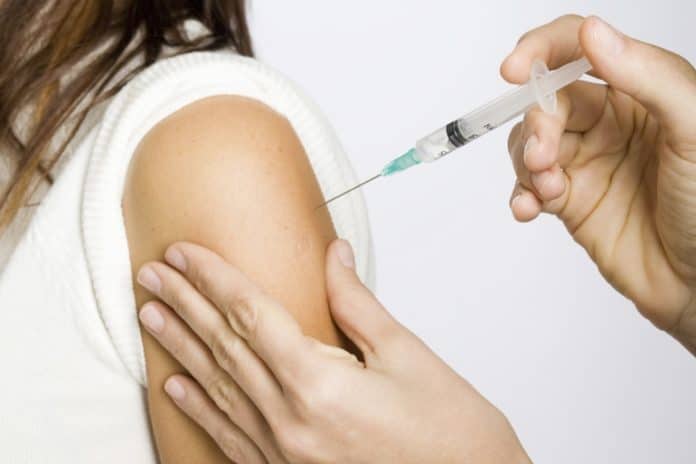By José A. Álvarez, County of San Diego Communications Office
Nov. 21, 2018 | 10:38 AM
A 70-year-old woman is the second person to die from the flu in the region this season, the County Health and Human Services Agency announced today.
The woman, who died Nov. 14, 2018, had underlying medical conditions, and her vaccination status is unknown.
“
This is a continued reminder that influenza can be deadly, especially for the elderly, young children and those with existing chronic illnesses,” said Wilma Wooten, M.D., M.P.H., County public health officer. “Vaccination is the best protection against influenza.”
Four flu deaths had been reported at the same time last season, which claimed the lives of 342 San Diegans. The majority of those who died last season were over the age of 65 and had underlying medical conditions. Two children also died from influenza last year.
The County Health and Human Services Agency publishes the weekly Influenza Watch report, which tracks key flu indicators and summarizes influenza surveillance in the region. All other indicators are at expected levels for this time of year.
For the week ending Nov. 17, 2018, the Influenza Watch report shows the following:
•Emergency department visits for influenza-like illness: 3 percent of all visits (compared to 3 percent the previous week)
•Lab-confirmed influenza cases for the week: 58 (compared to 34 the previous week)
•Total influenza deaths to date: 2 (compared 4 at this time last season)
•Total lab-confirmed cases to date: 248 (compared to 573 last season)
How to Prevent the Flu
The Centers for Disease Control and Prevention recommends that everyone 6 months and older get a flu shot every year. The vaccine is safe and effective. It takes two weeks for immunity to develop.
Vaccination is especially important for people who are at high risk of developing serious complications from influenza. They include:
•People with chronic medical conditions like asthma, diabetes and lung disease, even if symptoms are under control
•Pregnant women
•People 65 years and older
•People who live with or care for others who are at higher risk
In addition to getting vaccinated, people should also do the following to avoid getting sick:
•Wash hands thoroughly and often
•Use hand sanitizers
•Stay away from sick people
•Avoid touching your eyes, nose, and mouth
•Clean commonly touched surfaces
•If you are sick, stay home and avoid contact with others
The flu vaccine is available at doctors’ offices, community clinics, and retail pharmacies. If you don’t have medical insurance, you can go to a County public health center to get vaccinated. For a list of locations, visit www.sdiz.org or call 2-1-1.



















